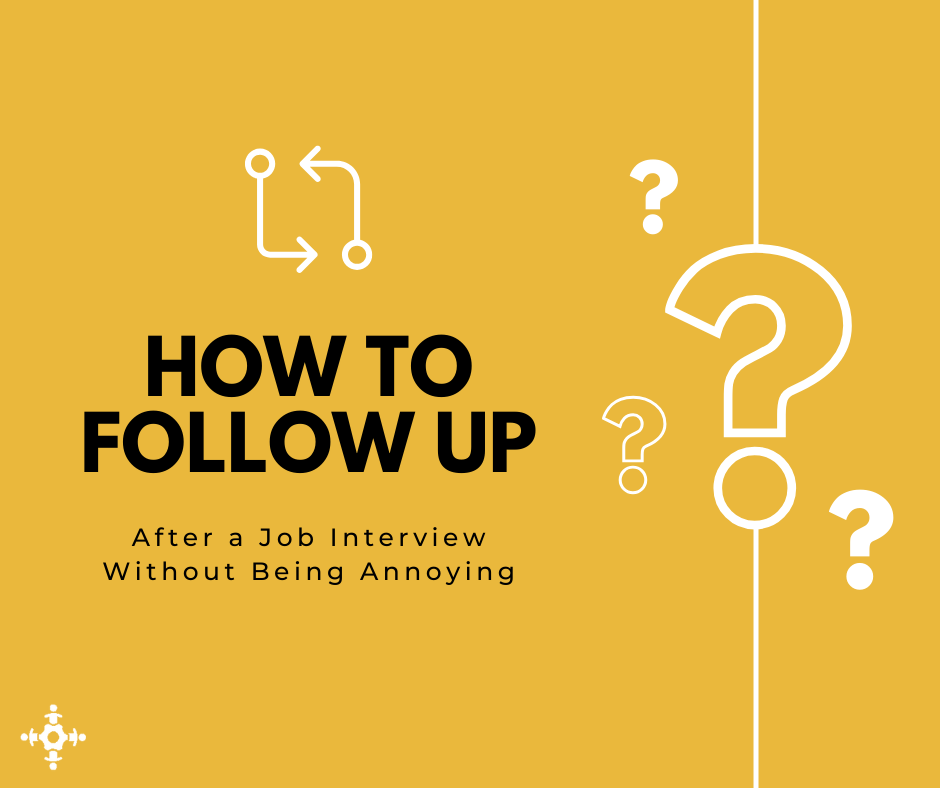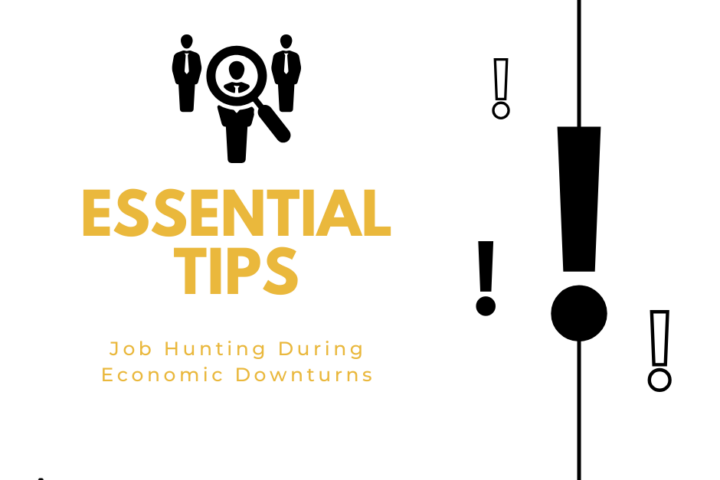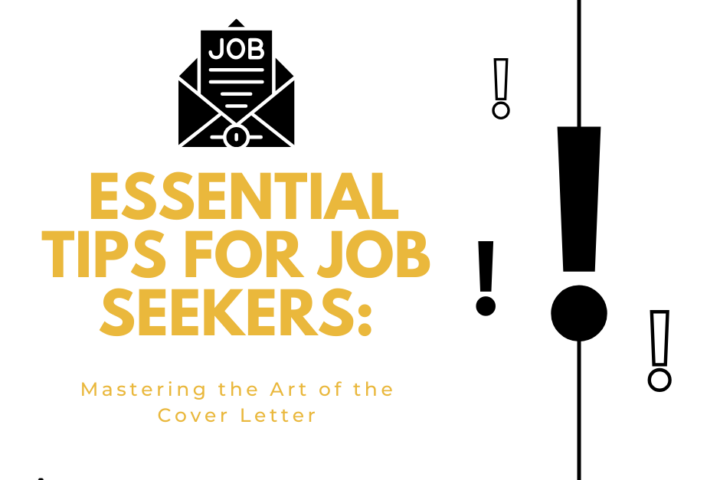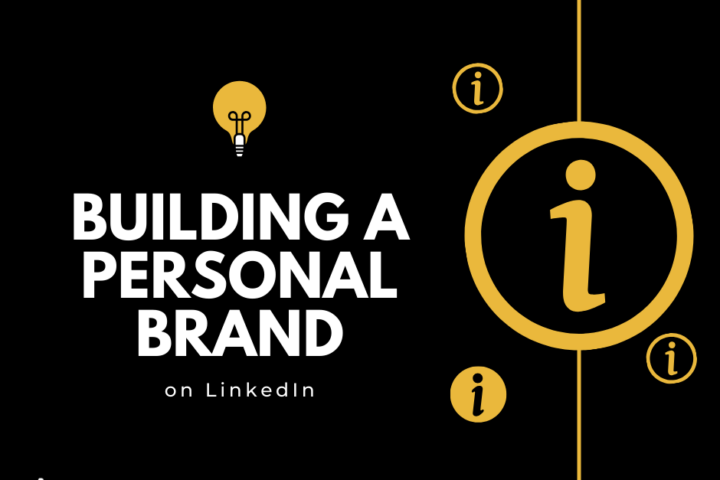How to Follow Up After a Job Interview Without Being Annoying
Home » Candidate Advice » How to Follow Up After a Job Interview Without Being Annoying
Following up after a job interview is crucial in the job application process. It shows your enthusiasm for the position and can keep you fresh in the hiring manager's mind. However, there's a fine line between being persistent and being pesky. Here’s how to follow up effectively after a job interview without sounding annoying.
The Importance of Following Up
A thoughtful follow-up can reinforce your interest in the role, express your appreciation for the opportunity, and give you a chance to reiterate why you are the right candidate for the job. It also demonstrates your professionalism and your communication skills.
When to Follow Up
1. Immediately After the Interview
Send a thank-you email within 24 hours of your interview. This initial follow-up is crucial and expected in most professional settings. It shows your gratitude and professionalism.
- Tip: Personalize the email for each person who interviewed you, mentioning specific topics or discussions you found insightful.
2. One Week Later
If you haven’t heard back within the timeframe initially discussed, it’s appropriate to send a polite inquiry about the status of your application one week after your interview.
- Tip: Keep this follow-up brief and focused. Reiterate your interest in the position and politely ask if further information on their decision timeline is available.
Crafting Your Follow-Up Messages
1. Thank-You Email
Your thank-you email should be concise, personal, and reflective of your interest in the position.
- Structure:
- Greeting: Address the interviewer by name.
- Thank you. Express gratitude for the opportunity to interview.
- Specific Reference: Mention a particular point of discussion that was interesting to you.
- Value Proposition: Quickly restate why you’re an excellent fit for the role.
- Closing: Reaffirm your enthusiasm for the position and sign off with your name and contact information.
Example:

2. Follow-Up Inquiry
If a significant amount of time has passed since your expected decision date, it’s reasonable to send a polite inquiry.
- Example:

Dos and Don’ts of Following Up
Do:
- Be polite and professional in all communications.
- Keep your messages brief and to the point.
- Personalize your emails to reflect the conversation you had with the interviewer.
Don’t:
- Overcommunicate by sending too many follow-ups.
- Press for an answer or sound demanding.
- Ignore the interviewer's timeline by following up too soon or too frequently.
Final Thoughts
Following up after a job interview is necessary to show your interest and keep you on potential employers' radar. By appropriately timing your follow-ups and crafting thoughtful, concise messages, you can enhance your candidacy without sounding annoying. Remember, the key is balancing persistence with patience and keeping your communications professional and respectful.



